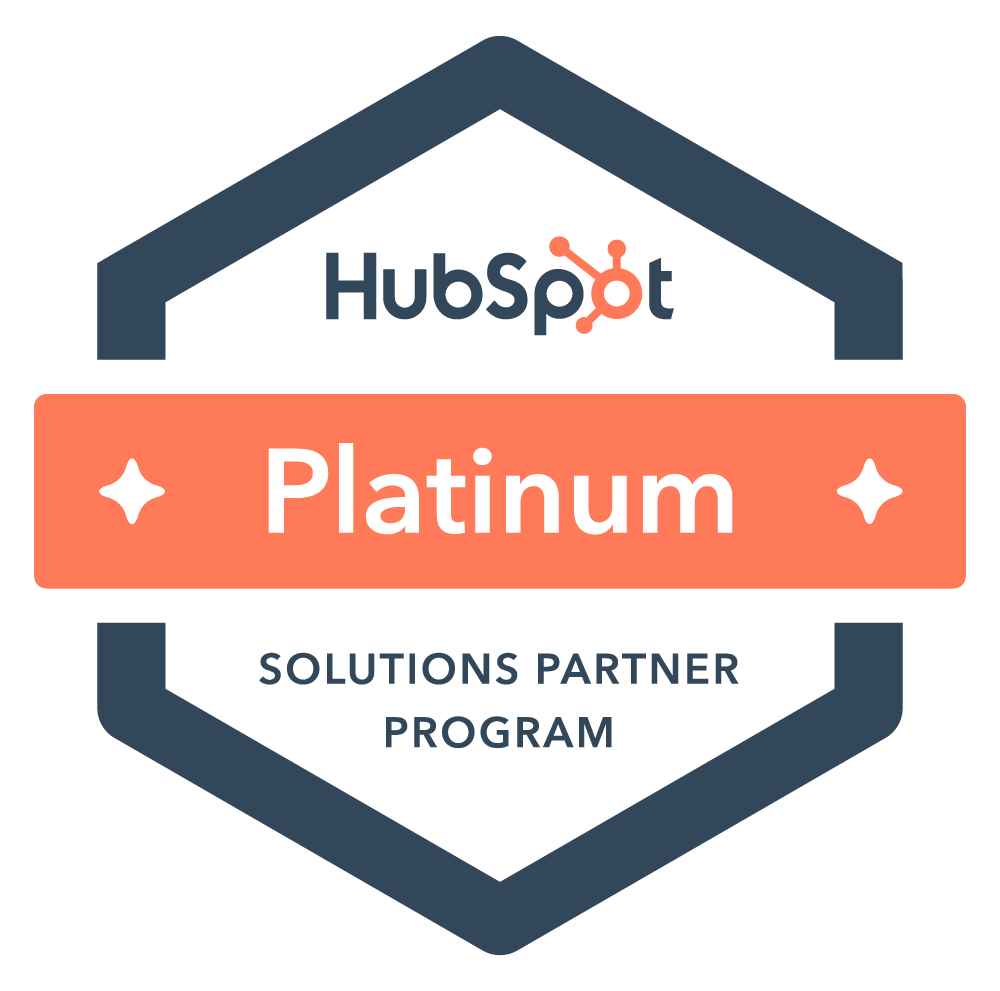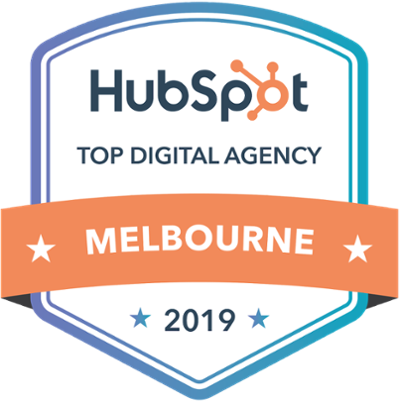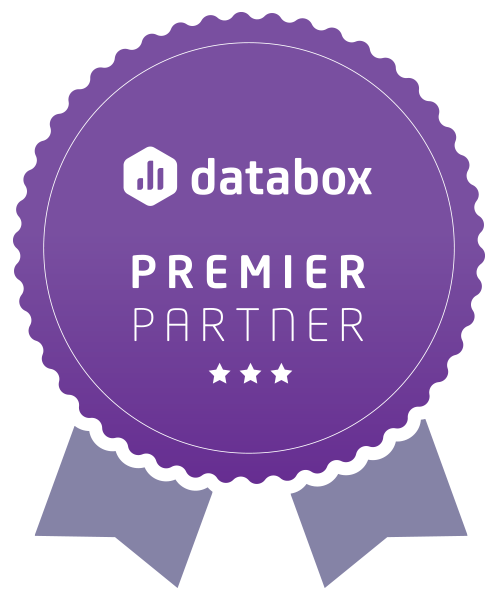In our experiences with clients, we’ve noticed that the common thread amongst all of them is the need to gain trust - trust in us and our approach to their business.
Why does trust matter so much? The grim reality is: there are a dime a dozen marketing/digital agencies out there providing similar services, promising you the same success etc. When most of them are claiming to be "The One" for your business, trust isn't just a key differentiator - it becomes the only differentiator.
So before you go taking the plunge, here are some trust-building questions we recommend you ask yourself/the agency, plus actionable tips to set you on the right track.
1. Do they know what success looks like for you - in quantifiable terms?
An agency needs to understand the metrics that matter specifically to you. For example, if they're promising to “triple your leads” and they’ve barely even met you – how do they know what your lead generation process looks like? What if your biggest problem was actually churn rate, or average purchase value etc.?
Once they understand where your priorities lie, they should then identify the break-even point for their retainer or fee and link those costs to each focal point of your business. How many leads to bring in, where to target the high-value customers, potential gaps in your sales funnel, and other multi-layered details.
Without them quantifying what success will look like for you, there’s no way to know if their services will be worth the investment.
Actionable tip:
Without getting too specific too early on, you can ask the agency to estimate what kind of return to expect to reach a break-even point on their fee, to clarify what areas of your business they'd look at investing their fees in, and how these actions would translate to achieving the expected results.
2. Do they have expertise that is specific to your industry/issue?
You’ve probably seen a plethora of agency websites with displays of award badges, case studies and team bios full of accreditations and degrees.
While all of those add to their credibility, sometimes they distract from the real question at hand: how will those shiny badges directly solve your pain points?
Not all solutions are going to be one-size-fits-all. For example, if you’re an eCommerce brand wanting PPC assistance, you’ll know that eCommerce comes with a completely unique AdWords setup process. You’ll want to be asking about Shopping Ads, Remarketing Ads, Site Extensions and much more (not just your traditional text Ads like other industries run).
Make sure you lean towards agencies who play in the same field as you. If they keep name-dropping irrelevant brands or using case studies from companies that would never align with yours, they may not have the industry-specific expertise you’re looking for.
Actionable tip:
No matter what an agency tells you about their previous clients, specialities and/or qualifications, make sure you can bring the conversation back to “How would these achievements predict specific results for my industry/business?”
3. What value would you be getting out of a “free” consultation?
Maybe you've taken up an agency's offer to sit you down for a free strategy session. Maybe they've even planned some free training content or talking points and all you have to do is “claim” the value they've promised to create for you in this session.
Sounds simple enough. After all, you can sit back and let the solutions roll in, right?
At alphawhale, our take is slightly different. We don't think strategy sessions should be held like this at all. If we're really honest? Most of these consultations are designed to make you think the agency holds all of the answers from the get-go. They don't.
That's not to say that we don't provide any consultations at alphawhale, because we do. But our approach is to actively listen, ask questions and explore the fundamentals first. That means finding out where you're at, where you'd like to be and what really matters to your business.
It's important to look for an agency that's not afraid to start a genuine conversation with you, free of sales spiels and planned talking points. Before any strategising comes into play, they need to first prove to you that they care.
Actionable tip:
For any consultations you've agreed to, make sure you come prepared with your own specific list of questions. Ask questions that will 1. establish a better sense of what services you’ll need and 2. gauge the attitude, tone and responsiveness of the agency.
4. Are they offering you solutions too prematurely?
An extension of the point above - when you’ve had a business dilemma for a while, it can be tempting to grasp at solutions asap. We’re not saying all fast answers are unfounded – but the most meaningful results for your business often come from thorough research and analysis.
That’s why it does not make sense - and frankly, it’s bad practice - when an agency starts offering you solutions or action plans very early on in the relationship. It takes time to build the foundation, to truly understand your customers and ultimately your vision. There’s no way to fast-forward this if you want real results.
A good agency will draw hypotheses, not conclusions, about what you need. They'll update and make iterations to those hypotheses as the learnings roll in, but they’ll never jump the gun and say things like “You need Facebook advertising because everyone is doing it”.
Actionable tip:
If an agency starts pitching or coming up with solutions before they’ve done enough in-depth research on your business, ask them, “Are these suggestions based on what my business truly needs, and do they carry long-term potential for success?”
5. Do you know exactly who you’ll be working with, both now and later?
Let’s say you’re ready to lock in an agency - you’ve met with their rep, and they seem perfectly in tune with your needs and expectations. Amazing!
Except now they're introducing you via email to the actual account manager who’ll be “taking over” the relationship.
And now you’re on a rollercoaster of other introductions - someone with “Client Happiness” in their title just pinged you, and they’ve CC’ed others in their email, more people that you’ve never heard of who’ll be “assisting” here and there.
The work that the original frontman promised to do for you? They've passed it down to lower-level staff because they're busy pursuing new leads. The only person you’ve actually formed a connection with isn’t even in the picture anymore!
Though it sounds dramatic, it’s a very real issue. Hierarchical agencies with bloated teams (and budgets) are likely to lure you in with rockstar promises, only to delegate or even outsource your work - so those who really “get” your business at the start don’t end up actually driving the projects.
Actionable tip:
Find out exactly who you’ll be working with down to the name and title, and try to avoid agencies with huge teams, vague role titles or too much hierarchy. You’ll have a much easier time with agencies that have a flat structure because the team members you meet at the start are likely to end up doing the actual work.
6. Does their communication style complement yours (or are they willing to adapt?)
Do you prefer emails over phone calls? In-person meetings over messaging? Perhaps you like being verbally guided through any reports sent your way?
However you like to stay in the loop, ask your agency to meet you halfway. (At the very least).
We think the quality of communication between agencies and clients is already broken, so clunky emails and reports are only going to fragment this further. Find an agency that won't leave you to your own devices to find out what's happening. Not only does this bring a huge sense of clarity to projects, it creates a collaborative energy that will continuously improve communication lines as time goes on.
Actionable tip:
Make sure that client communication is one of their top priorities and clarify whether they have a set procedure in place i.e. touchpoints, regular meetings, visits to the office. For example, at alphawhale we make it a habit to have a point of contact before sending any work through, to go over the goals and be ready to discuss any questions they might have from reviewing.
7. Finally, the most important question: Do they support your brand, values or vision through and through?
Hiring is a two-way street. When you’re speaking with an agency for the first time, that agency is also trying to figure out if you’ll be an ideal fit for them too.
Find an agency with strong, similar values to yours, who knows what they do well and is honest about their skills and suitability for your business.
The truth is, no one can get genuinely excited about helping you grow unless they understand what drives you first. How well your agency can align with your business purpose and values sets the precedent for the type of relationship you'll have, how good it'll be, and how well they can meet your needs.
Actionable tip:
If an agency is clamouring to get you on board without having first properly understood your product, brand or growth vision, take a step back and challenge them. Ask, “How do you know we’re going to be the right fit for each other, and why do you believe in my business?”
---
When you’re still in research mode for the right agency, remember that most (if not all) of your initial interactions will be dealing in trust. To have a genuine conversation about your growth goals, get in touch by filling out the form below.





